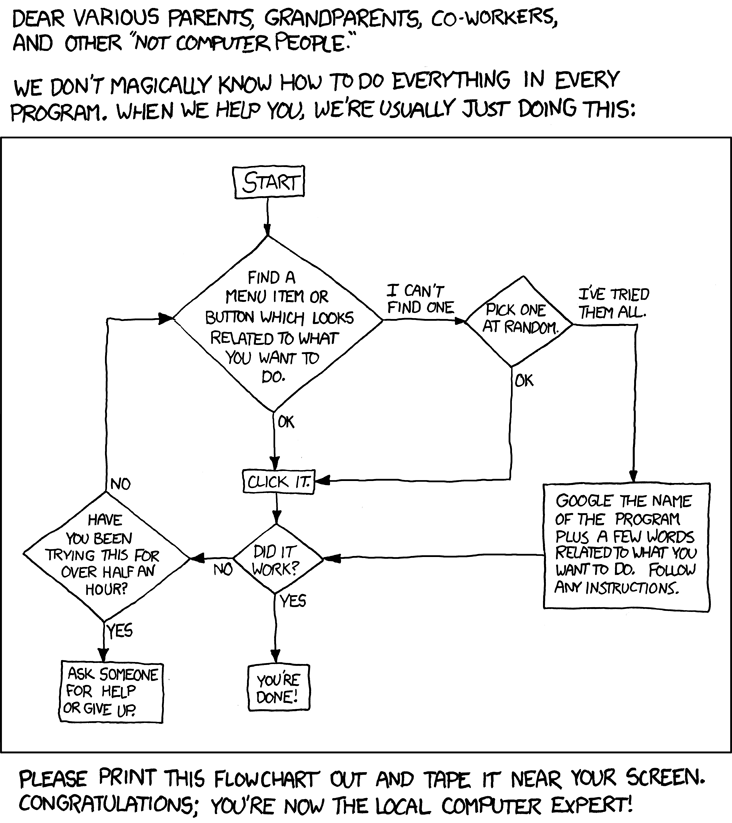Follow-up to: Boring Advice Repository
Many practical problems in instrumental rationality appear to be wide open. Two I've been annoyed by recently are "what should I eat?" and "how should I exercise?" However, some appear to be more or less solved. For example, various mnemonic techniques like memory palaces, along with spaced repetition, seem to more or less solve the problem of memorization.
I would like people to use this thread to post other examples of solved problems in instrumental rationality. I'm pretty sure you all collectively know good examples; there's a comment I can't find from a user who said something like "taking a flattering photograph of yourself is a solved problem," and it's likely that there are other useful examples like this that aren't common knowledge. Err on the side of posting solutions which may not be universal but are still likely to be helpful to many people.
(This thread is allowed to not be boring! Go wild!)

It is obvious if you weigh yourself every day for a couple months or longer and you know how to do stats.
(FWIW, my weight since 12 February fits to a straight line a + bx where a = (93.74 ± 0.19) kg, b = (−0.018 ± 0.007) kg/day, and x is the time elapsed since 12 February; the RMS of residuals is 0.68 kg. Approximating the posterior pdf of b as a Gaussian, which ought to be close enough given 46 degrees of freedom, I'm 99.42% sure that b < 0.)
Excellent point.
I suspect you're basically correct, but I would not take the stats results at face value. There are many possible problems resulting from the physical and electrical properties of the scale you're using, that I would not expect to be well behaved in a stats sense. In particular: quantization errors, non-linearity / non-monotonicity of the scale A/D converter (depends strongly on type of A/D used), temperature dependence of both the scale strain gauges and A/D, etc.
The general rule here is that trying to get too many more bits of precision o... (read more)